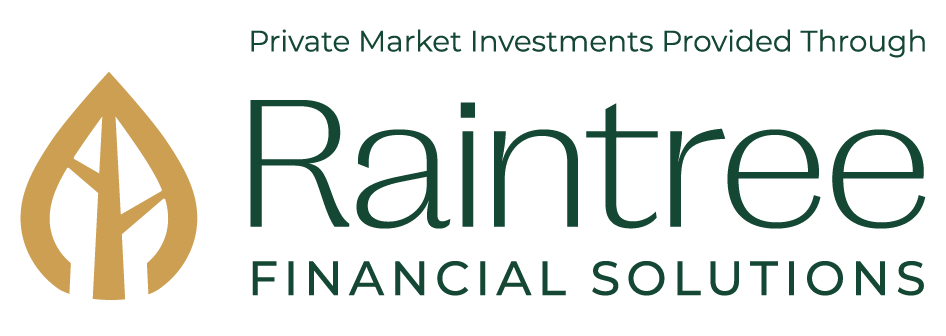Wealth Management
True Diversification
As a Private Wealth Advisor, I work with investors to determine their overall investment knowledge, current investment holdings and risk temperament.
By discussing this vital information, they work with our clients to achieve a Core + Explore™ portfolio by choosing suitable alternative investments and referring them to Portfolio Managers for their public investment needs.
For more information, please visit raintreeFS.com.
Registered Accounts (RRSP, LIRA, RIF, LIF)
A different breed
Alternative investments are generally private (non-market traded) securities. These investments are established based on distinctive strategies that may not be available in traditional stocks, bonds, or mutual funds. These investments can be equity or debt securities, and they can be complicated or straightforward.
As a Private Wealth Advisor with Raintree Financial Solutions, a registered Exempt Market Dealer, I provide you with access to both alternative and traditional markets in a way that is specifically suitable for you.
There are many reasons why they work with Raintree, but here are the top five.
First-Party Due Diligence
Raintree has an internal corporate finance team that scrutinizes potential offerings and assesses key aspects of an opportunity. From reviewing audited financial statements to conducting site visits and meeting with key individuals, they insist on understanding important aspects of the business model.
Ongoing Reporting Requirements
Raintree reviews new reports, ensuring up-to-date information is available to understand what is happening with your investment.
Alignment of Interests between Investors and Managers
Raintree's goal is to find investments where incentives are created to align management goals with investors. This ensures that decisions made by management result in benefits for both the managers as well as the investor.
Fee Transparency
All fees, commissions, and profit-sharing are discussed openly prior to your investment. Returns are shown net-of-fees taking out the math or guesswork when determining exactly how much you earn from your investment.
Performance Based Management Fees
Where applicable, profit-sharing incentives give management a reason to increase efficiencies and focus on earnings. Any increase in efficiency that drops to the bottom line then translates into a split in profits between the investor and the investment management.

